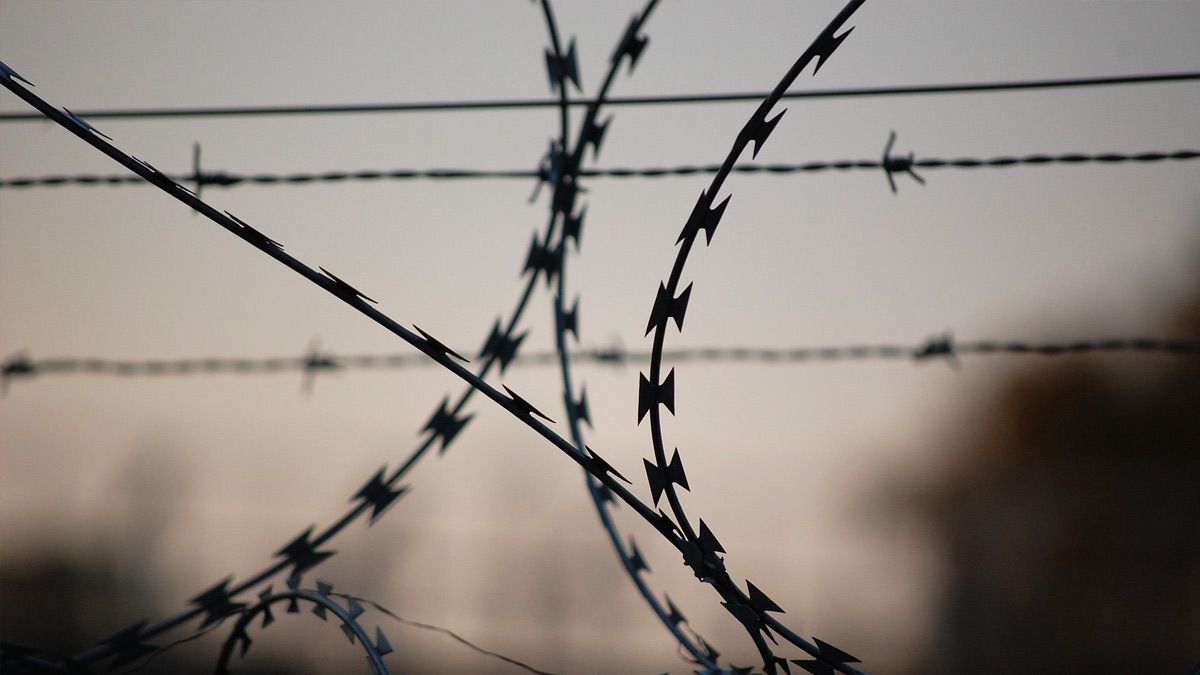Revisiting ‘Small Things Like These’

The film adaptation of Claire Keegan’s widely acclaimed novel ‘Small Things Like These‘ is now showing in cinemas around Ireland. The film focuses on the confinement and institutionalisation of women in Ireland only forty years ago. But Keith Adams of the Jesuit Centre for Faith and Justice says that whilst these particular institutions have been shut down, institutionalisation in Ireland today is far from over. Read his full article below>>
Small Things Like These
Like many, I am looking forward very much to seeing the film adaptation of Small Things Like These. I devoured Claire Keegan’s gripping novella about a Wexford man’s discovery of a Magdelene Laundry in a local convent in a single sitting. With my rapidly dwindling attention span, I appreciated the telling of a deeply incisive story in less than 130 pages.
As she explored the social and cultural forces surrounding Bill Furlong’s discovery, Keegan made the bold choice to set the story in 1980s Ireland – a time closer to Ireland’s emergence as a wealthy, modern European country than the economically and culturally protectionist 1950s Ireland. But her bravest choice was to elucidate and tease apart the “bystander effect” which accompanied decades of coercive confinement, institutionalisation, and abuse.
During the week, I caught a little of lead actor Cillian Murphy’s promotional work for the film and there was an unequivocal sense that Keegan’s subject choice was in the rearview mirror, firmly resigned to history. In some ways, this is true. The last Magdelene Laundry shockingly closed on Sean MacDermott Street only in 1996. But, if I am reading Keegan correctly, she does not let us off the hook that easily in Small Things Like These. By vividly bringing to life the “bystander effect” and its attendant social forces, Keegan avoids these binaries of past and present and encourages us to ask whether we would say anything or, instead, turn a blind eye to pervasive institutionalisation in our own time.
With the 33rd Dáil being for an election at the end of November, now is an opportune time to observe the trends of institutionalisation over the last four years in the Fine Gael/Fianna Fáil/Green coalition. What follows, by way of numbers, is indicative—as the respective figures are published in different forms by different Departments and agencies—but it points to a modern Ireland which is not yet so distant from its alleged “dark ages” past.
In the four years up to June 2024, we see a clear increase of institutionalisation when we consider homeless people, prisoners, and those in direct provision with leave to remain. These three cohorts alone total almost 25,000 people and at the heart of the rise is this Government’s housing policy. The link to those in homeless institutions is obvious.
The Irish Prison Service reported in 2022 that 10% of prisoners enter prison from “no fixed abode” and often leave to the same lack of shelter. People with status in direct provision have to prolong their time in these institutions as they are unable to access private or social housing. When the Government favours the commodification of housing over the provision of affordable, secure homes, institutional settings step into this dereliction of duty.
























